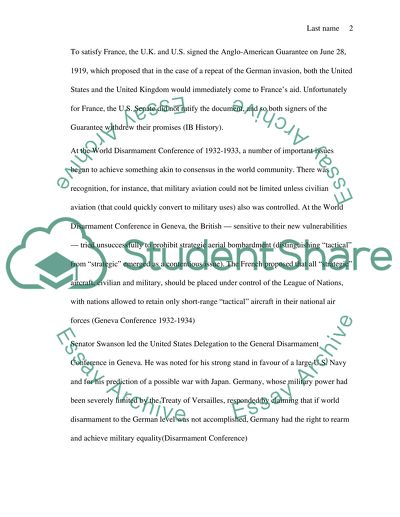Cite this document
(“To what extent did isolationism limit the effectiveness of the Geneva Essay”, n.d.)
Retrieved from https://studentshare.org/environmental-studies/1404721-to-what-extent-did-isolationism-limit-the
Retrieved from https://studentshare.org/environmental-studies/1404721-to-what-extent-did-isolationism-limit-the
(To What Extent Did Isolationism Limit the Effectiveness of the Geneva Essay)
https://studentshare.org/environmental-studies/1404721-to-what-extent-did-isolationism-limit-the.
https://studentshare.org/environmental-studies/1404721-to-what-extent-did-isolationism-limit-the.
“To What Extent Did Isolationism Limit the Effectiveness of the Geneva Essay”, n.d. https://studentshare.org/environmental-studies/1404721-to-what-extent-did-isolationism-limit-the.


